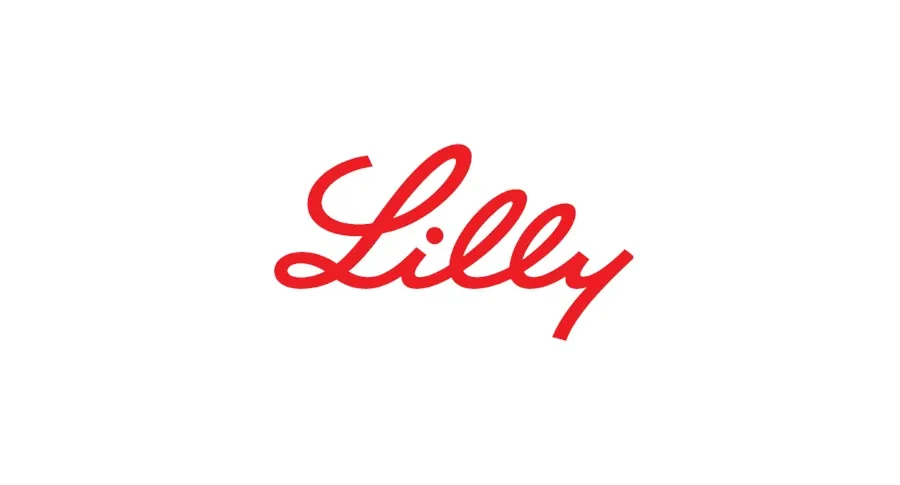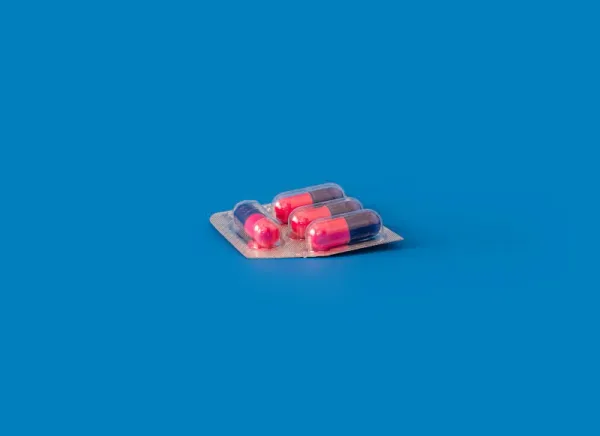Eli Lilly suing GLP1 compounders & related companies
Eli Lilly sues many compounding-related companies in an effort to clear the market of compounded GLP1.

Compounding GLP1s is now almost effectively a thing of the past. Companies like HIMS which heavily depended on compounding for cheap supply of GLP1s no longer offer it as an option:

Eli Lilly is taking this one step further and suing many corporations involved GLP1 compounding, including some TeleHealth providers:
- Aios Inc
- Capitol Contours
- Houston Weight Loss Centers of Texas
- Cleveland Health Group
- Lucy’s Laser & MedSpa
- Aequita Corporation
- Willow Health Services
- Adonis Health
The rest of this article is no longer available for free – if you'd like to read the rest of our analysis, check us out on Substack:





